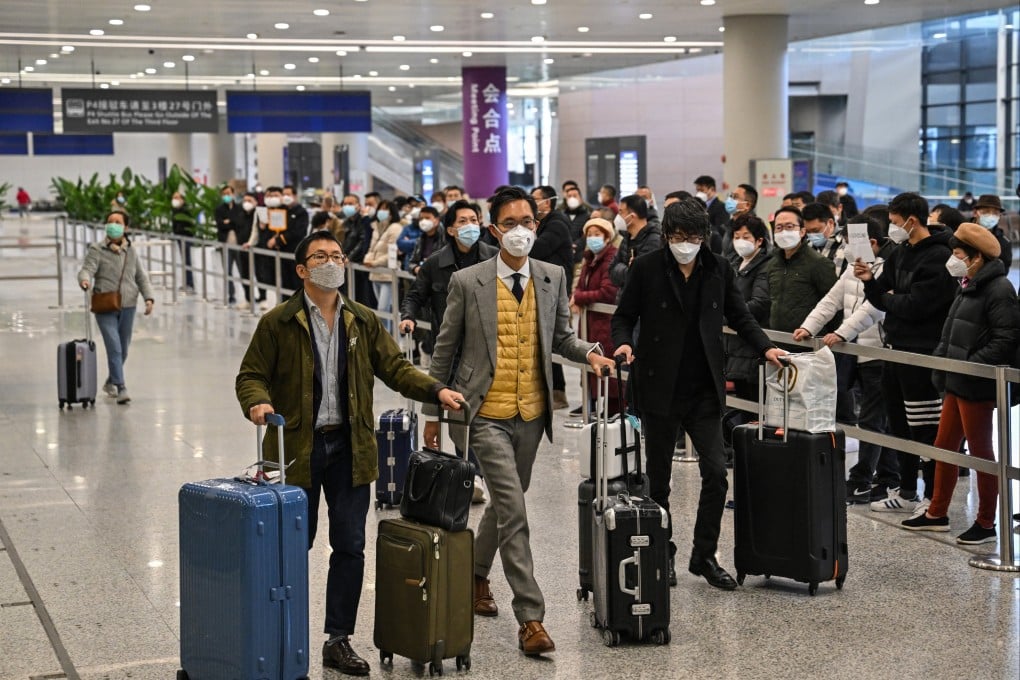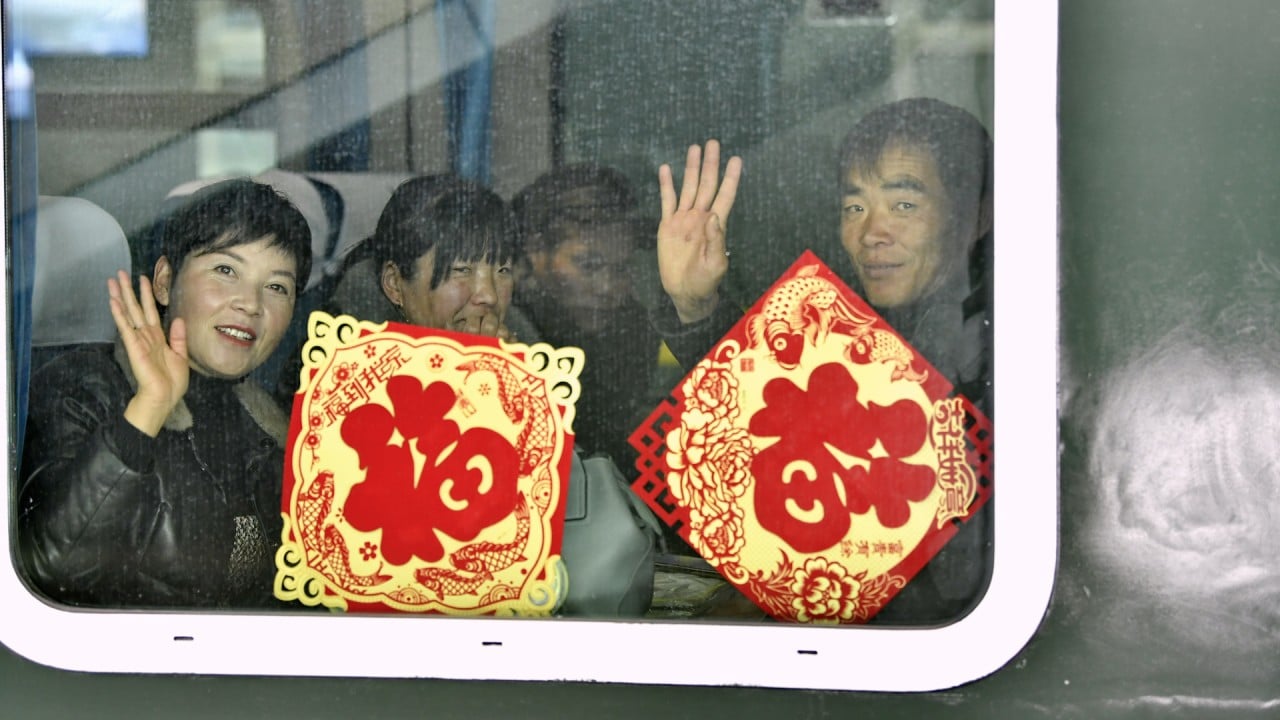China’s airport ride-hailing ban, though brief, fuels fear of private sector grounding
- After ride-hailing services were temporarily banned at a Shanghai airport, analysts worry the move will dampen business and consumer confidence
- ‘Sweeping’ move shows regulatory action can be hard and swift, they said, and could put a damper on private sector activity

The Shanghai government’s controversial ban on ride-hailing services at one of China’s busiest airports only lasted a week, but that was enough to spark doubts over the country’s commitment to finding growth momentum in a slowing economy.
The Shanghai Road Administration Bureau announced on Sunday at midnight that pickup services booked through ride-hailing apps would resume at Pudong International Airport after a ban levied on January 29, adding the decision was made “after receiving feedback from the general public”.
The airport was the second-busiest in China last year in terms of visitor numbers, with only Guangzhou Baiyun International Airport hosting more traffic according to reports from airport operators.
The policy – announced ahead of the Lunar New Year holiday, a peak travel period – was met with an overwhelmingly negative public response. Critics described it as an act directly contradicting Beijing’s commitment to clear unnecessary restrictions of market access, crucial for the nation’s efforts to achieve a sustained recovery.
The State Council, China’s cabinet, said last Friday that the government should “align policy directions” and “build a transparent and predictable policy environment”, which would be helpful to lift confidence and counter downward risks.
These internet platform services have created massive economic growth potential, and consumers choose them over taxis for a reason
But the “sweeping approach” of some government departments when implementing certain policies remains a confounding factor, said a Beijing-based economics professor and specialist in consumer behaviour, who asked not to be named as they are not authorised to speak to the media.
